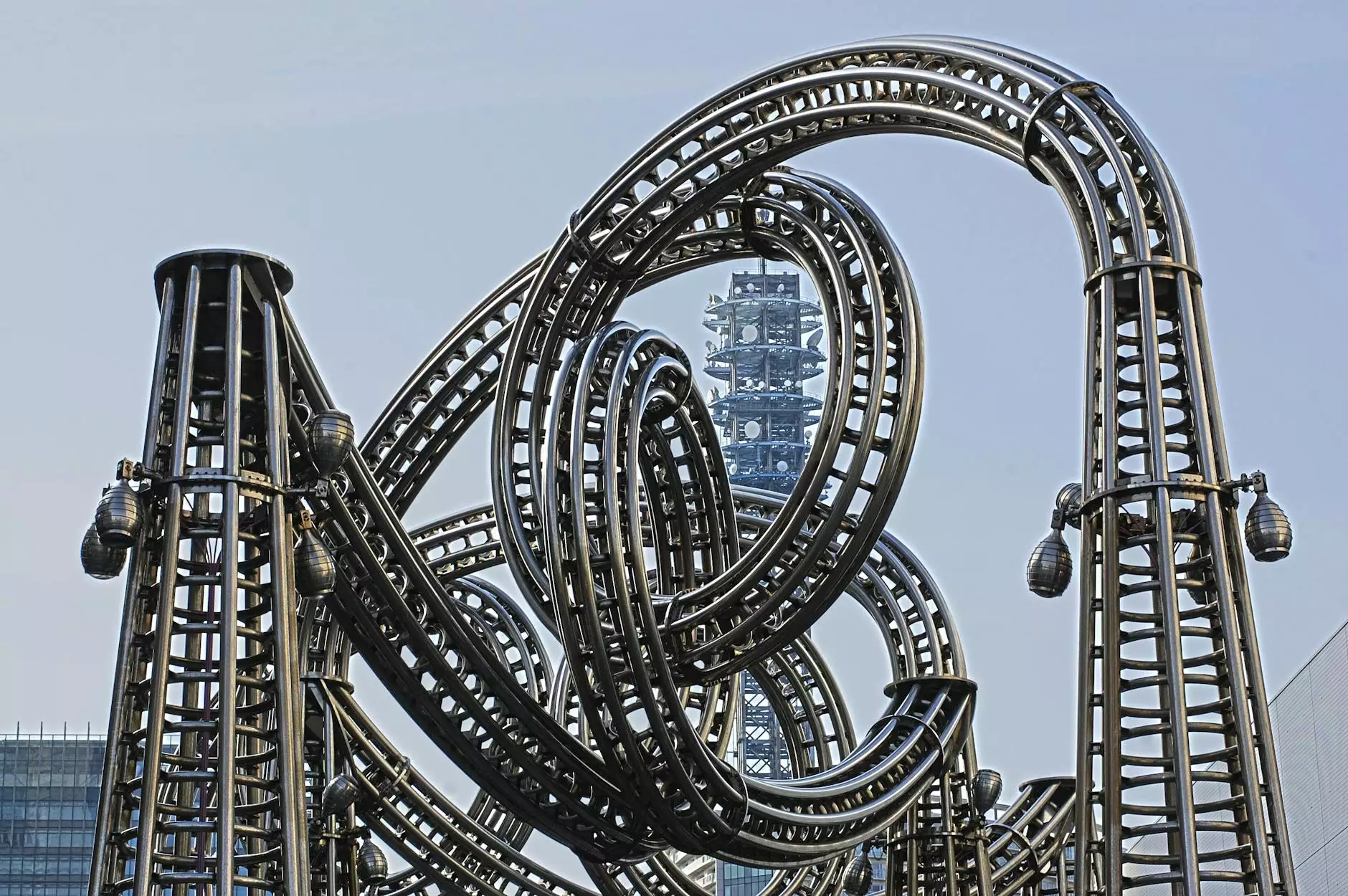Enhancing Efficiency with Industrial Blower Systems

In the contemporary business landscape, efficiency and productivity stand at the forefront of operational success. One of the essential tools that facilitate these goals, especially in the manufacturing and service sectors, are industrial blower systems. This comprehensive article delves into the myriad advantages of these systems, exploring their functions, types, and crucial roles in businesses, particularly in the category of Blow Dry/Out Services.
Understanding Industrial Blower Systems
Industrial blower systems are powerful machines designed to move air or gases at high volumes and pressures. They play a vital role across various industries, including but not limited to, manufacturing, construction, and logistics. By utilizing industrial blowers, businesses can efficiently handle airflow, drying processes, and dust collection, leading to enhanced operational effectiveness.
Applications of Industrial Blower Systems
The adaptability of industrial blower systems allows them to serve a variety of applications. Here are some notable uses:
- Dust Control: Industrial blowers are integral in managing airborne debris in manufacturing environments, ensuring compliance with health and safety regulations.
- Drying Systems: In industries such as textiles and food processing, blowers expedite drying processes, significantly improving product turnaround times.
- Air Handling: These systems can facilitate ventilation and temperature regulation in large facilities, enhancing working conditions for employees.
- Cooling Processes: Industrial blowers help maintain optimal temperatures in machinery and products, preventing overheating and enhancing longevity.
- Blow Dry/Out Services: Beyond industrial applications, blowers are instrumental in services like blow drying hair, providing efficiency and speed in salons and spas.
The Types of Industrial Blower Systems
To cater to the diverse needs of different industries, industrial blower systems come in various types. Below are some common classifications:
1. Centrifugal Blowers
Centrifugal blowers are designed to move air through the rotation of blades within a scroll-like housing. Their benefits include:
- High Efficiency: They offer significant airflow and pressure increases, making them ideal for various industrial applications.
- Durability: These blowers are built to withstand rigorous conditions, providing long-term service.
2. Positive Displacement Blowers
These blowers work by trapping air and forcing it through the discharge. Key features include:
- Consistent Flow: Positive displacement blowers maintain a steady flow of air regardless of system pressure.
- Versatility: They are used in applications such as aeration, vacuum, and material handling.
3. Regenerative Blowers
Regenerative blowers utilize a more minimalist design that enhances efficiency. Their main advantages include:
- Quiet Operation: They operate quietly, making them suitable for environments where noise control is essential.
- Low Maintenance: The design reduces wear and tear, leading to lower maintenance costs.
Advantages of Implementing Industrial Blower Systems
Investing in industrial blower systems can offer numerous benefits for businesses, which include:
- Cost Efficiency: These systems reduce operational costs by increasing process efficiency and minimizing energy consumption.
- Improved Productivity: With faster drying times and better airflow, businesses can complete processes more rapidly, leading to higher productivity levels.
- Enhanced Safety: Effective dust control and better air quality contribute to a safer working environment.
- Sustainability: Modern blowers are designed with energy efficiency in mind, helping businesses reduce their carbon footprint.
Choosing the Right Industrial Blower System
Selecting the appropriate industrial blower system for your business requires careful consideration. Here are some factors to keep in mind:
- Application: Understand the specific needs of your operation. Are you looking for dust control, drying, or another application?
- Airflow Requirements: Calculate the volume and pressure needed for your processes to ensure optimal performance.
- Energy Efficiency: Look for blowers designed to minimize energy consumption while delivering high performance.
- Noise Levels: Consider the workplace environment and choose a blower that operates within acceptable noise limits.
Implementing Industrial Blower Systems in Blow Dry/Out Services
For businesses in the Blow Dry/Out Services industry, integrating industrial blower systems can significantly elevate service quality. Here’s how:
- Faster Service Delivery: Industrial blowers can cut down drying time, enabling salons to serve more clients in less time.
- Uniform Results: These systems provide consistent airflow, resulting in even and effective drying, contributing to customer satisfaction.
- Reduced Labor Costs: With machines doing much of the heavy lifting, staff can focus on delivering superior customer service.
Maintaining Your Industrial Blower Systems
Regular maintenance of industrial blower systems is critical to ensure longevity and operational efficiency. Here are several maintenance tips:
- Regular Inspections: Schedule frequent inspections to identify any wear and tear before problems escalate.
- Clean Filters: Ensure that filters are cleaned or replaced regularly to maintain optimal airflow.
- Monitor Performance: Keep an eye on airflow and pressure levels to detect any declines in performance early.
- Lubricate Moving Parts: Regular lubrication can help minimize friction and extend the life of the blower.
Conclusion: The Future of Industrial Blower Systems
In the wake of increased emphasis on sustainability and efficiency, the relevance of industrial blower systems in various sectors, including Blow Dry/Out Services, cannot be overstated. Their ability to revolutionize processes, improve safety, and enhance productivity makes them indispensable tools for modern businesses.
As technology advances, we can expect further innovations in industrial blower systems, including smarter automation and improved energy efficiencies. Investing in these systems today positions your business for greater success and operational excellence in the future.









